Sally Field recently appeared on screen with her son, Sam Greisman, for the first time. Well, really it was two screens. In a PSA made by the Human Rights Campaign for the Equality Act, a bill currently making its way through Congress that would add gender identity and sexual orientation to the list of citizens protected by the Civil Rights Act, Field and Greisman Skype each other and discuss his coming out story, and how being gay made him change some of his life plans -- including being a sports broadcaster.
This is the second time the HRC has brought Field and Greisman together for a larger cause. In 2012, Field and Greisman made a speech together while Field received the Ally for Equality Award. Out spoke to Greisman about coming out to a two-time Academy Award winner, what she's taught him about activism, and which of his mom's films is his favorite.
What were your thoughts about doing the video when you were first approached?
I think the Equality Act is really important and my mom and I have done stuff with the Human Rights Campaign before, and Chad [Griffin, HRC's executive director] is a really good family friend. They do good stuff about getting awareness out, especially with the bills, and I know this is something they worked really hard on getting in the new congress. It's really an important piece of legislation. I was excited to be a part of it.
Your mom spoke about your coming out journey in 2012 when she won the HRC Ally for Equality Award. What was the conversation with her like 7 years ago, about you both speaking about your identity on a national stage?
It was just when Chad had become the president of the HRC and he approached us about it. It didn't give me much pause until I was there on the day and I just wanted to do the the speech the best I could. It wasn't until later I thought back on who I was as a closeted teeneager, and I never could have imagined [doing this event]. It just seemed like natural thing to do. I had felt so supported by her.
Was it odd being out to essentially the whole world, or being like easily Googleable, etc?
Yeah it was a little different. I was so out in my personal life that I think I was naive about it. My mom was always so cognizant of sheltering me from things and she's been kind of a hermit. I didn't grow up in Hollywood, so I didn't think anyone would care. And I think partially because the speech we made was about mothers and sons and family in support of their LGBTQ+ kids, that that sort of made an impact. I did get more messages, or I would go on dates and realize that people already knew me, which was surprising. But yeah, it was [odd]. I think I was very naive about that kind of stuff, because I generally didn't think anyone would care.
Your mom has always been kind of an activist and has spoken up about her own health, women's rights, politics, and more. What have you learned from her about activism?
I think what I've learned from her -- I think now, especially, there's so many different things to speak up about and so many different issues that demand attention, that I think you kind of have to pick the things that mean the most to you and that you have a personal connection with, because those are the things that make the biggest impact on people. As someone trying to draw attention to an issue, when you have a personal connection to it, you are able to speak more clearly and connect with people more deeply on it. The things she's put her weight behind are things she has real personal connections to and I think that's what's made her effective at those things.
In the video, your mom goes into detail about your coming out experience -- when did you come out to your family? And what did your mom say?
I came out to my family and friends at 19, but it was such a sort of like, "coming out" with a lowercase c. I knew for so long that everybody knew and suspected from the time I was 15 or 16. I was so embarrassed by the fact that I couldn't come to terms with something that I saw my family helping or pushing me with. And everyone I was in high school with knew. But it was too scary for me to deal with, and I would put it out of my mind. So when I came out, it was a soft coming out. I didn't have to sit anyone down, it was just like, when I started to get more comfortable with it, I would say I was finally dealing with my sexuality and they would say, "OK, got it, good." And it was a slow rollout. Obviously, I always knew that they would be extremely supportive and my family said "they've known since you were five," which I knew they meant to be a compliment but I was like, "Oh god!" It was my own internal inability to deal with this thing that seemed overwhelming and I didn't. I had a certain view of what it meant about my life and I was too scared to face that head on. But my mom has always been my hero, not to sound like Meghan McCain, but I always knew she would be the most supportive and protective of me with all that stuff.
Do you still want to be a sports broadcaster?
I don't. I mean, I still love sports, but I think I outgrew that desire. But she is right, I wanted to be that for a very long time and I was aware that my voice was too feminine and I didn't hear anyone do that that sounded like me. But in high school, I took broadcasting classes and I couldn't listen to the tapes of my voice because I was too mortified. It was something I thought I couldn't do, but now I know I could if I wanted. But I don't think there's room for me to be sassy enough as a sports broadcaster.
What's your favorite Sally Field movie?
Probably Soapdish. I think it's underrated, at least outside of the gay community.
RELATED | The Equality Act May Be First Federal Law Protecting LGBTQ+ Americans


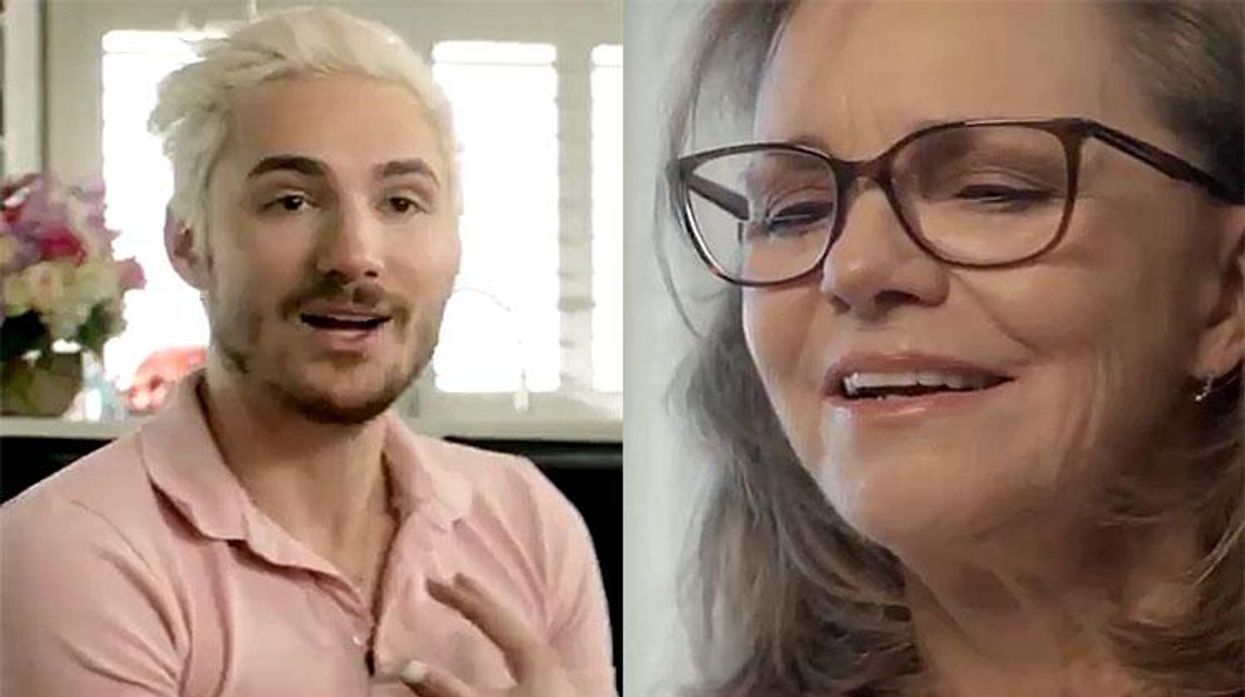
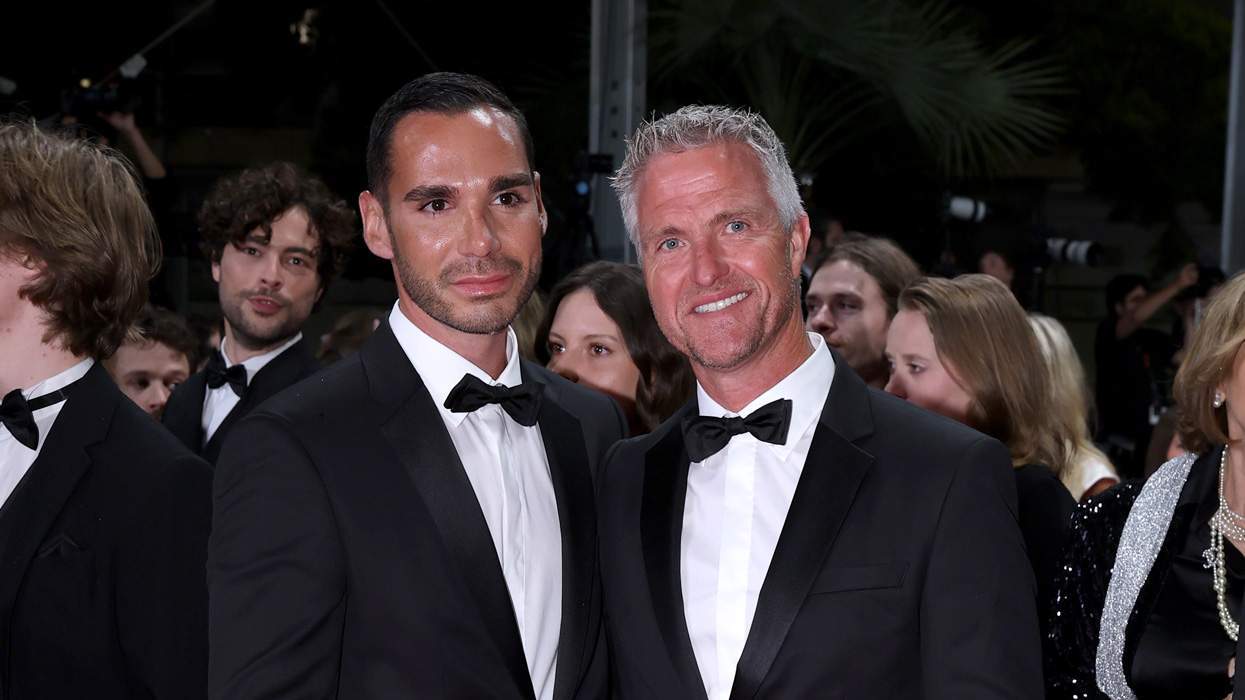


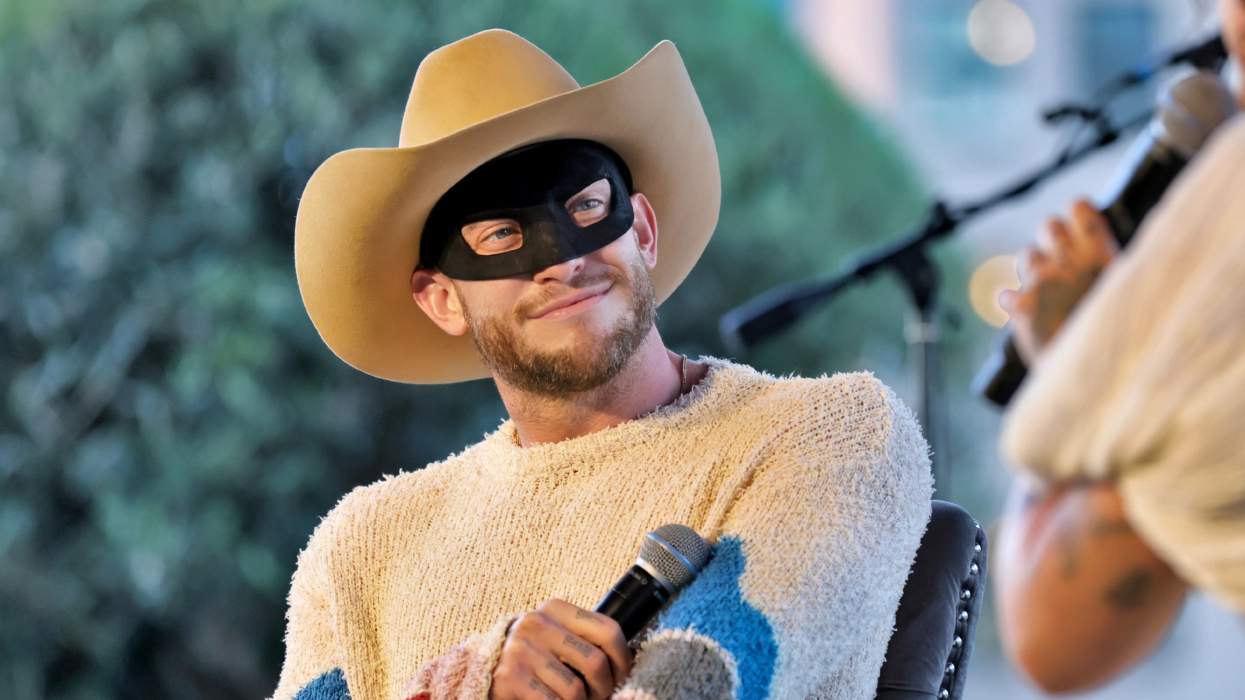

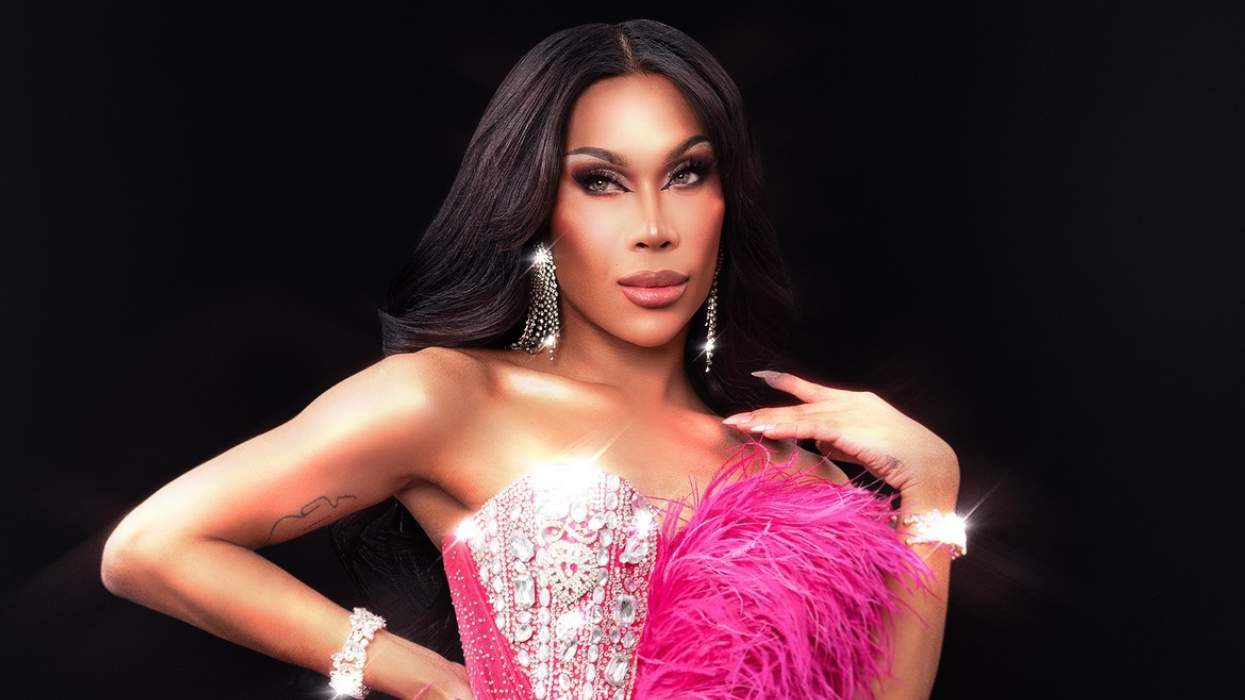
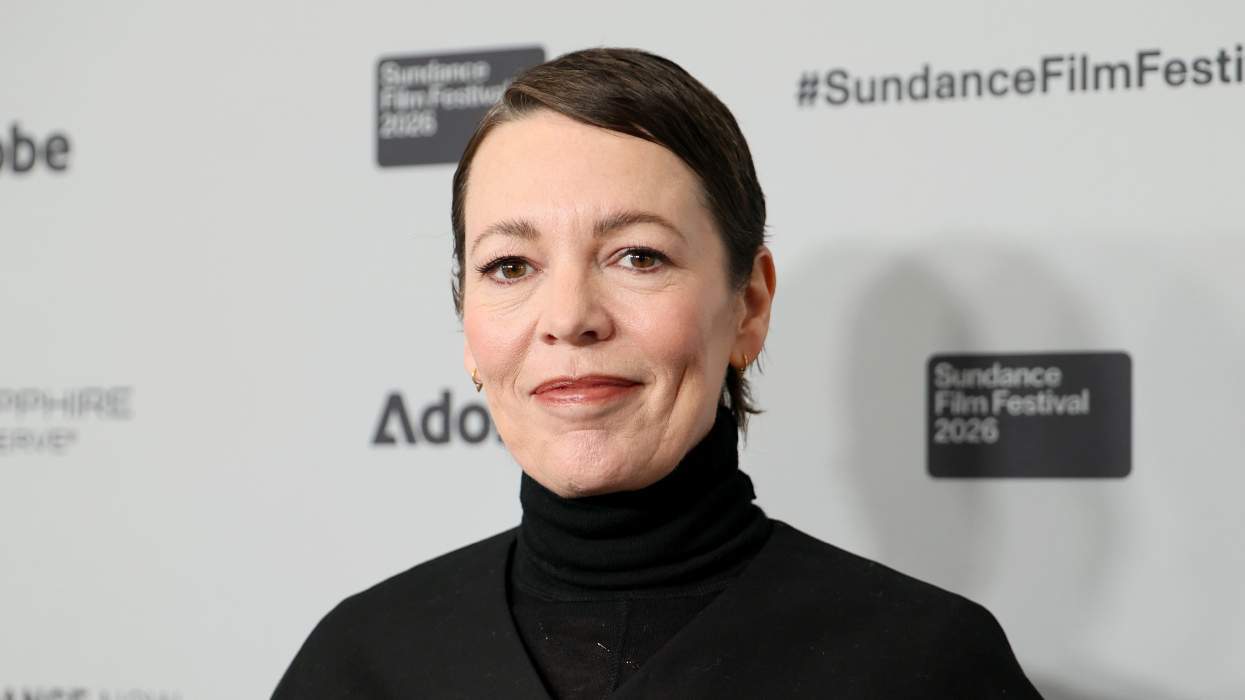

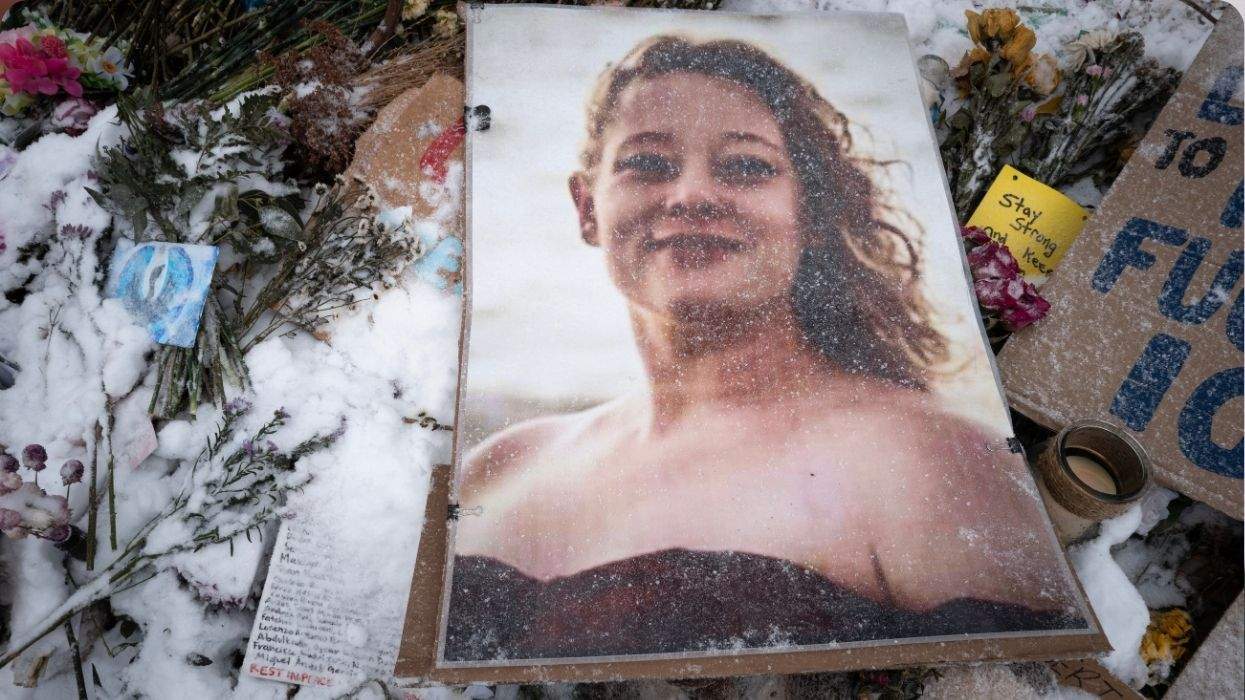






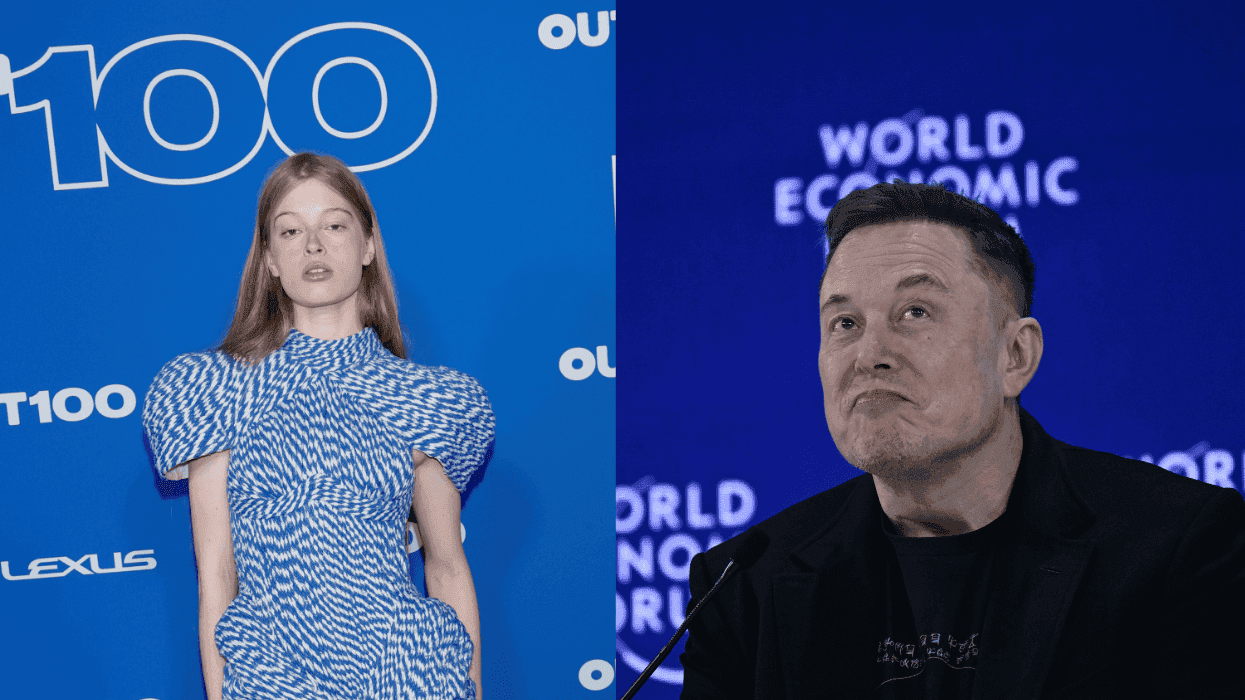
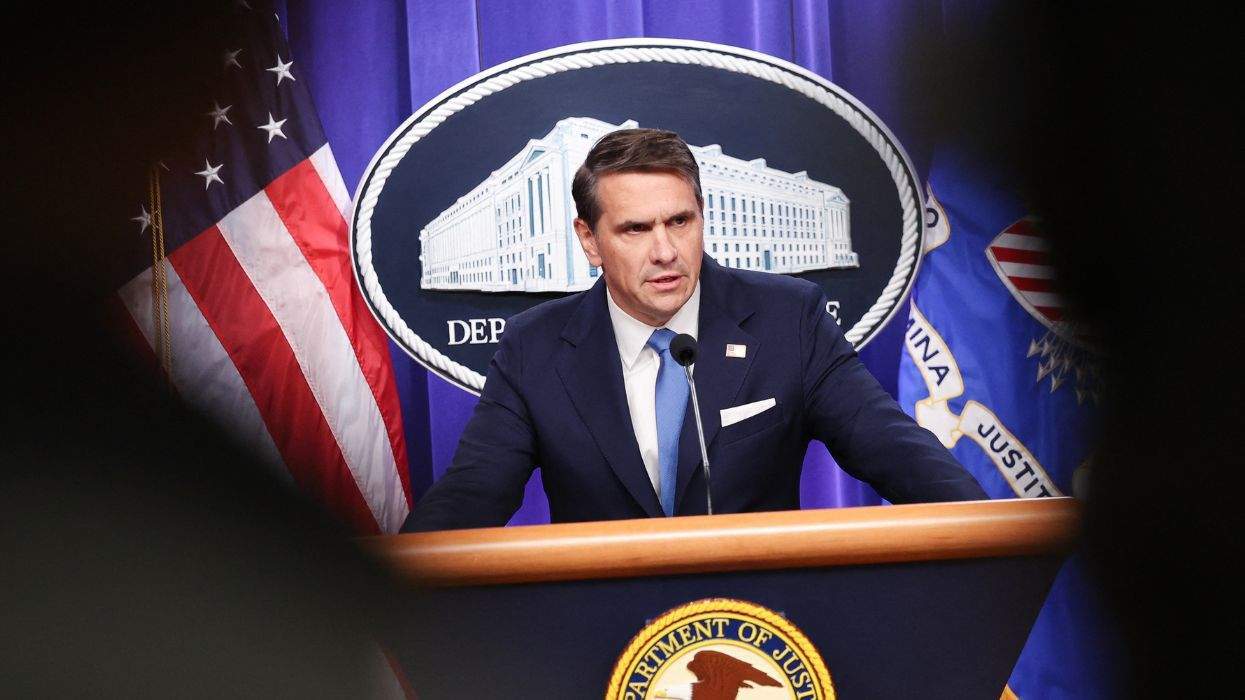
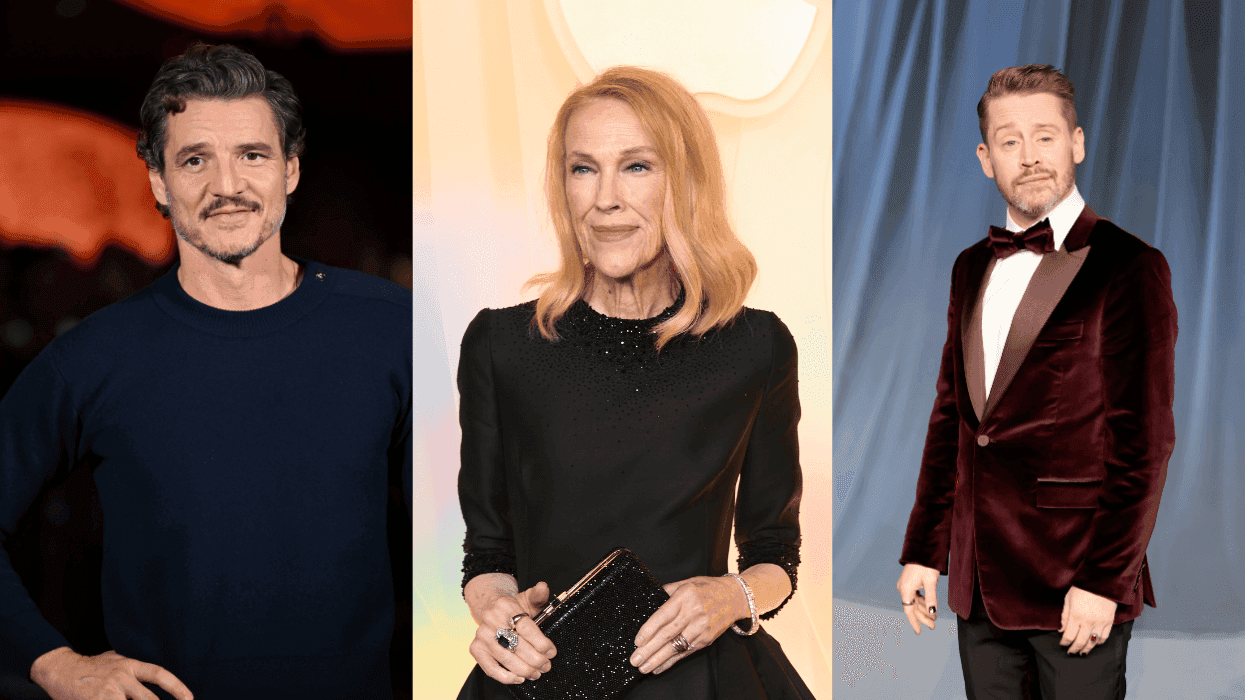
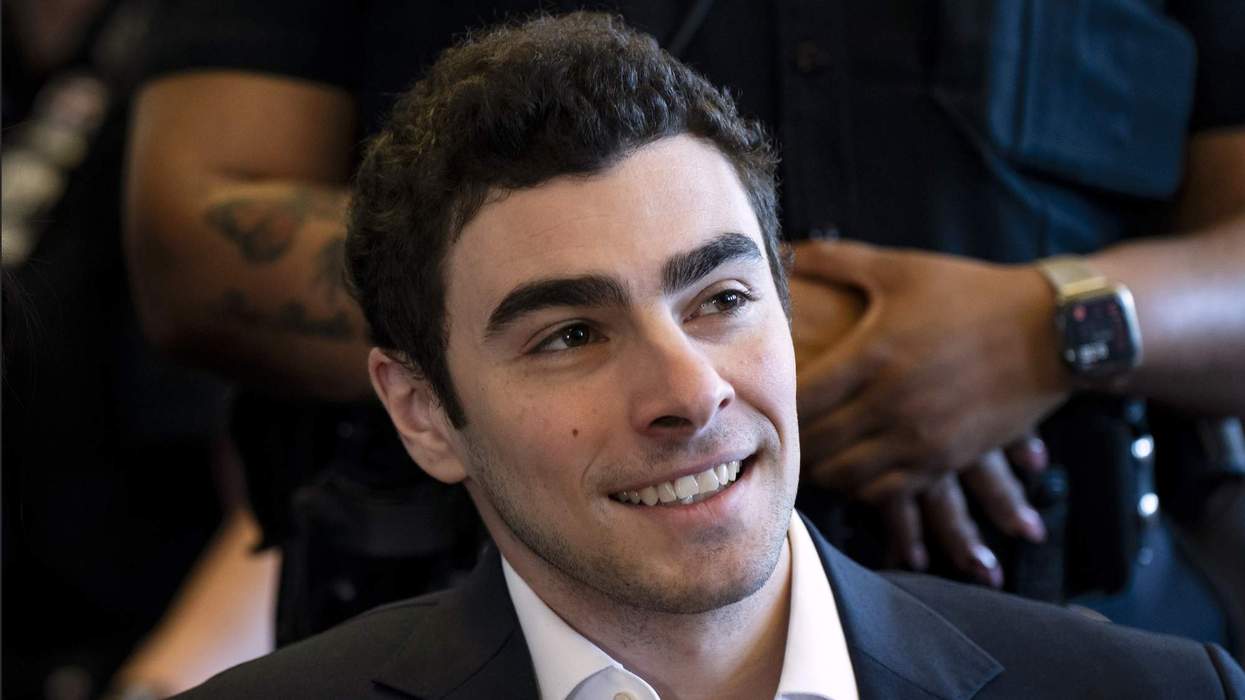

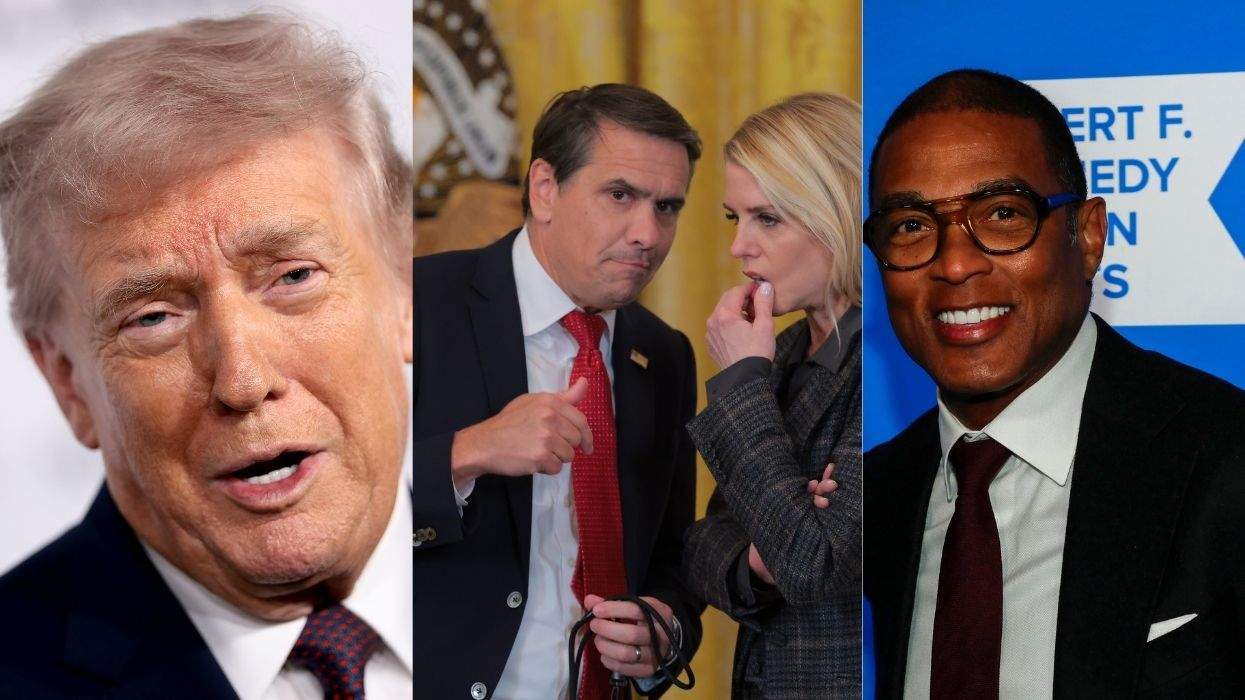
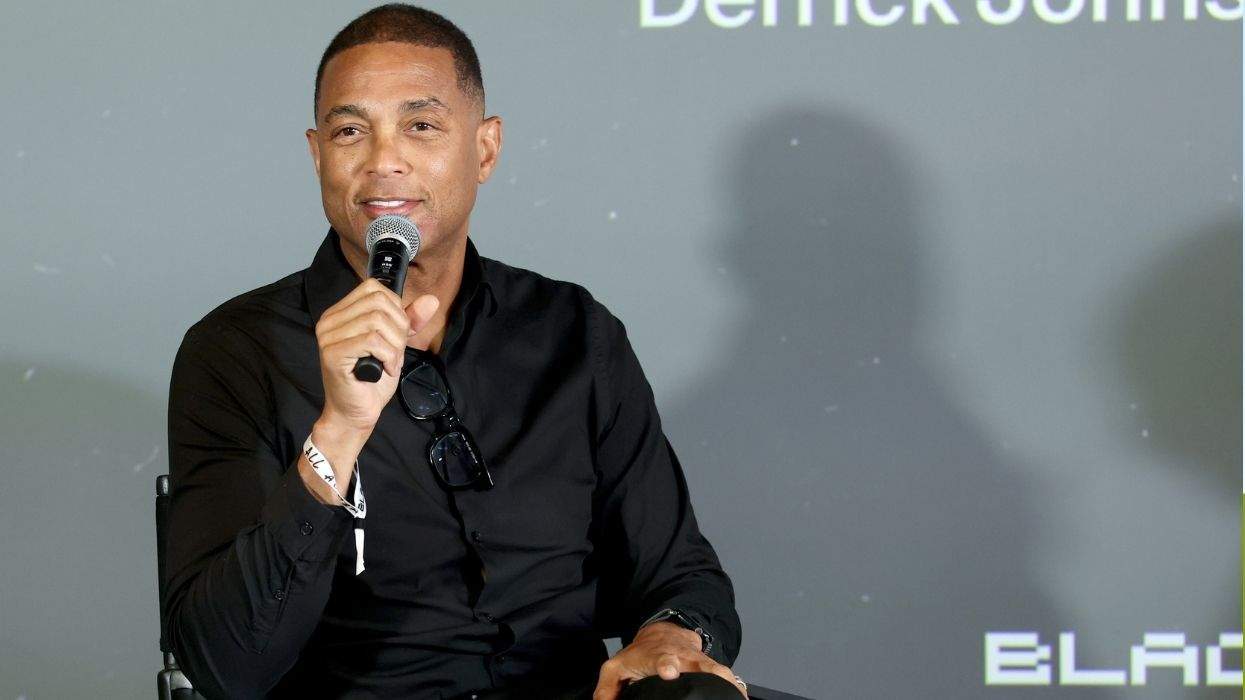

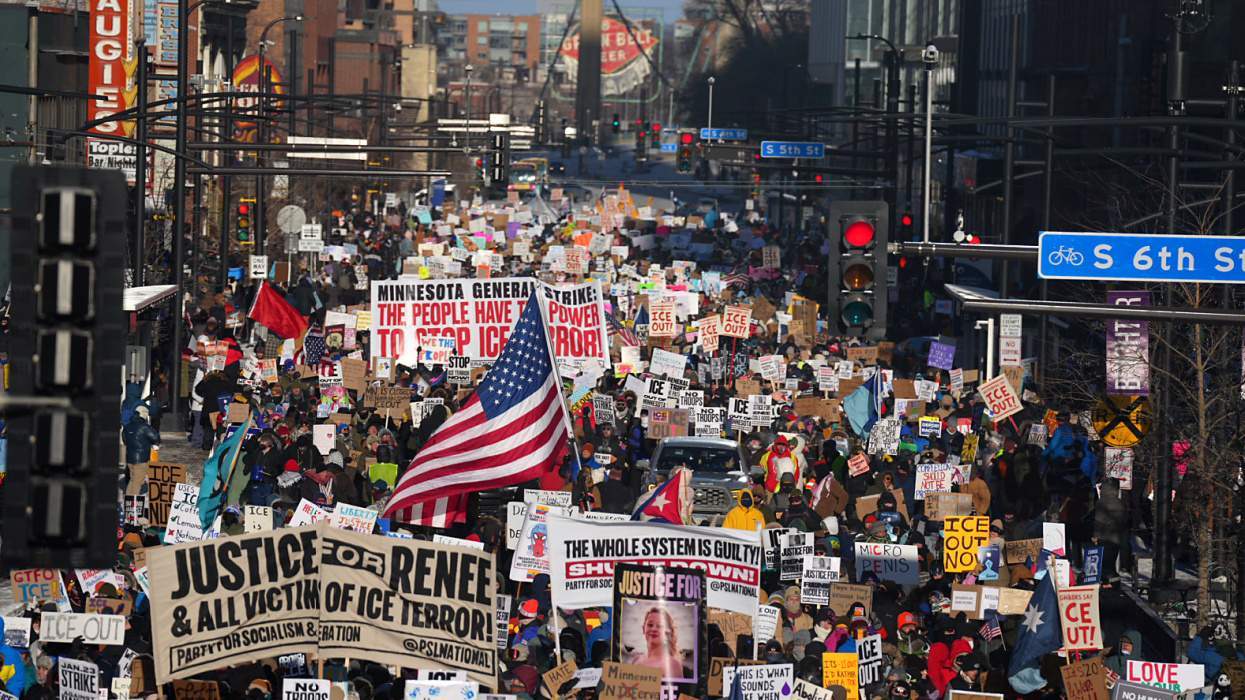
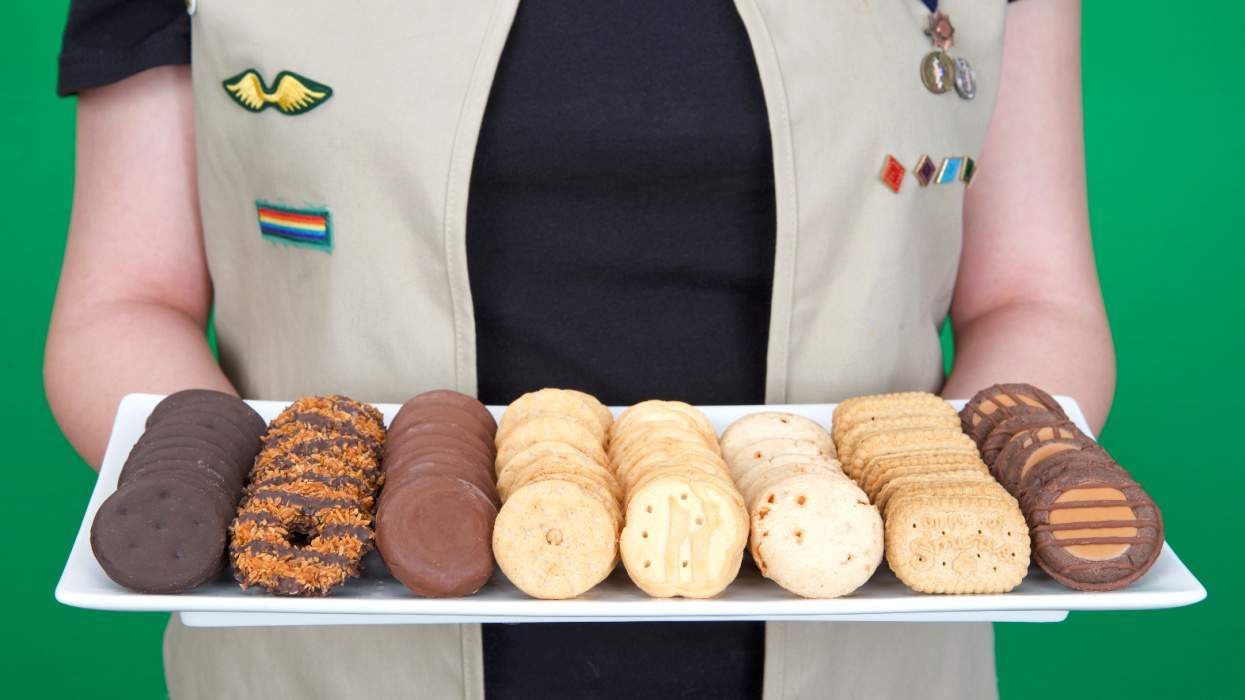
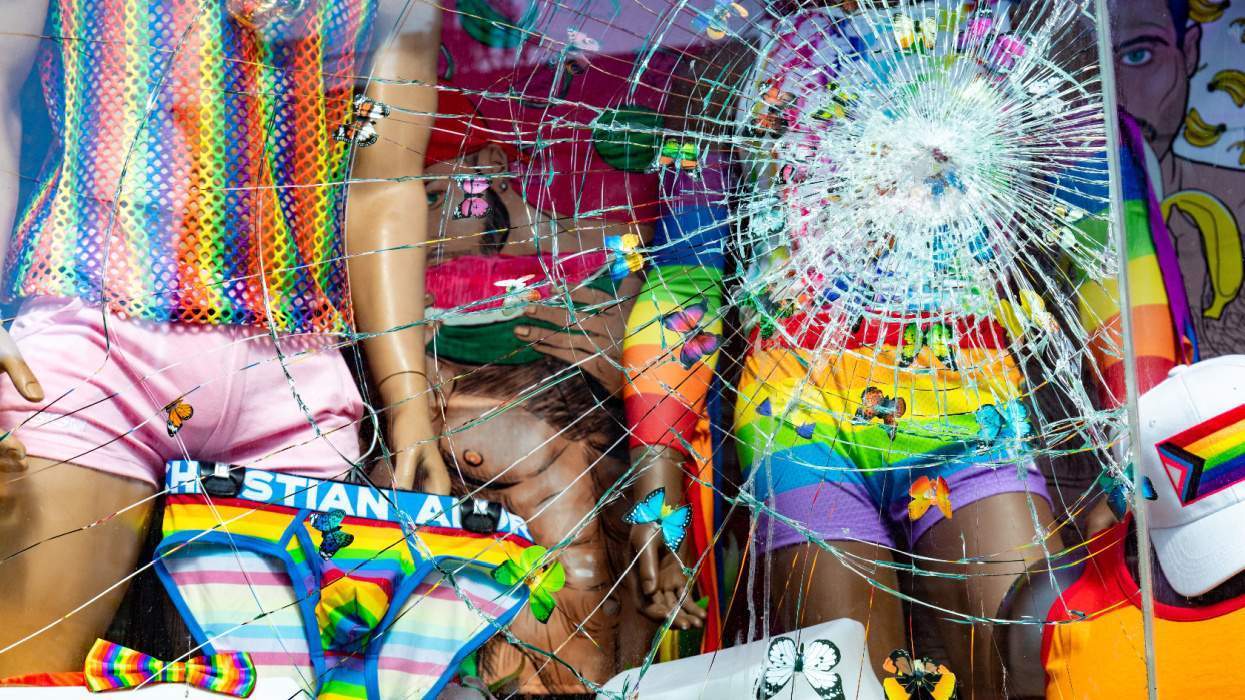
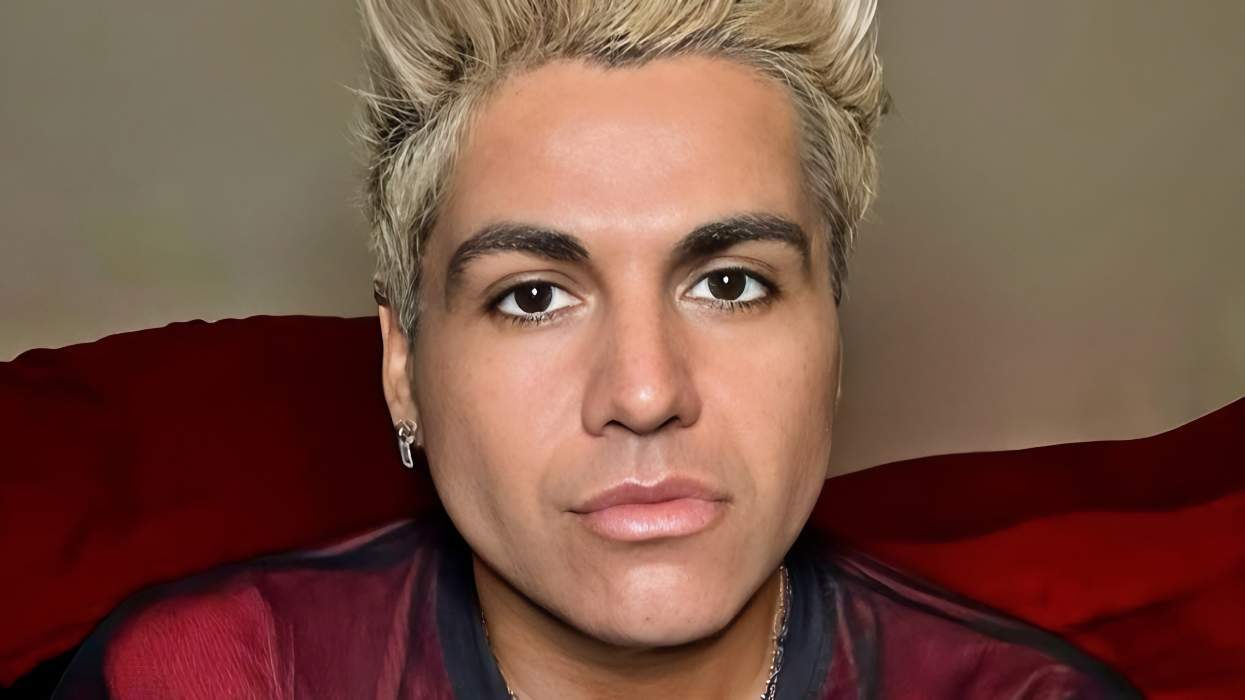
I watched the Kid Rock Turning Point USA halftime show so you don't have to
Opinion: "I have no problem with lip syncing, but you'd think the side that hates drag queens so much would have a little more shame about it," writes Ryan Adamczeski.